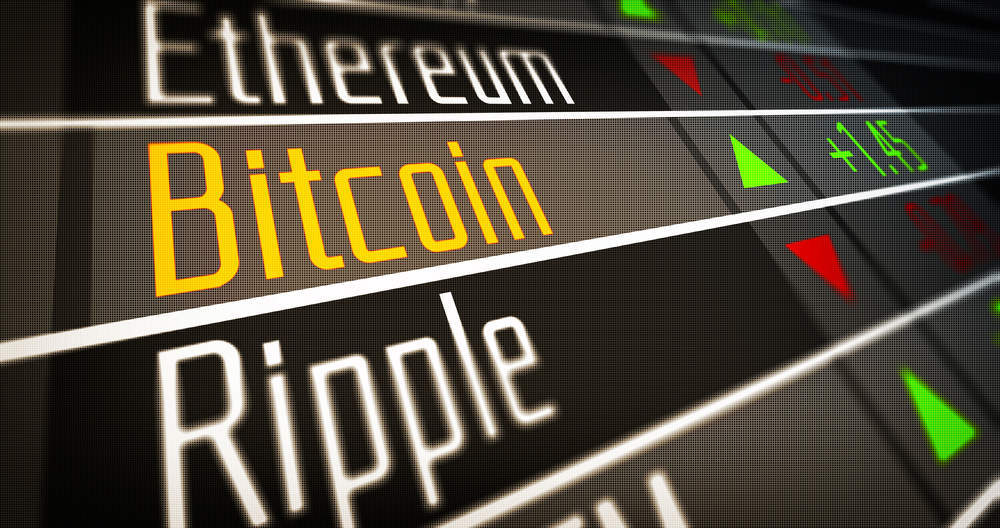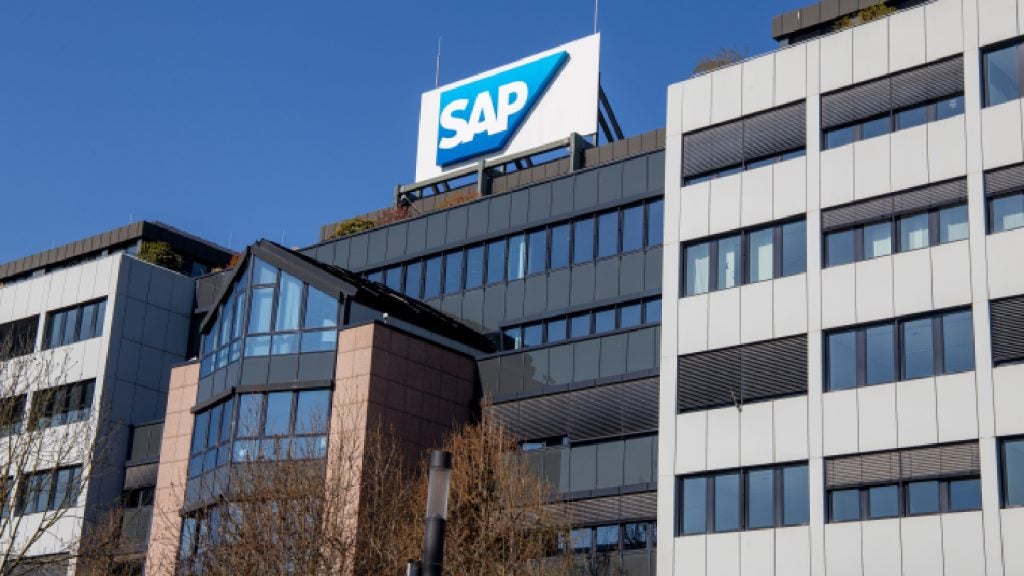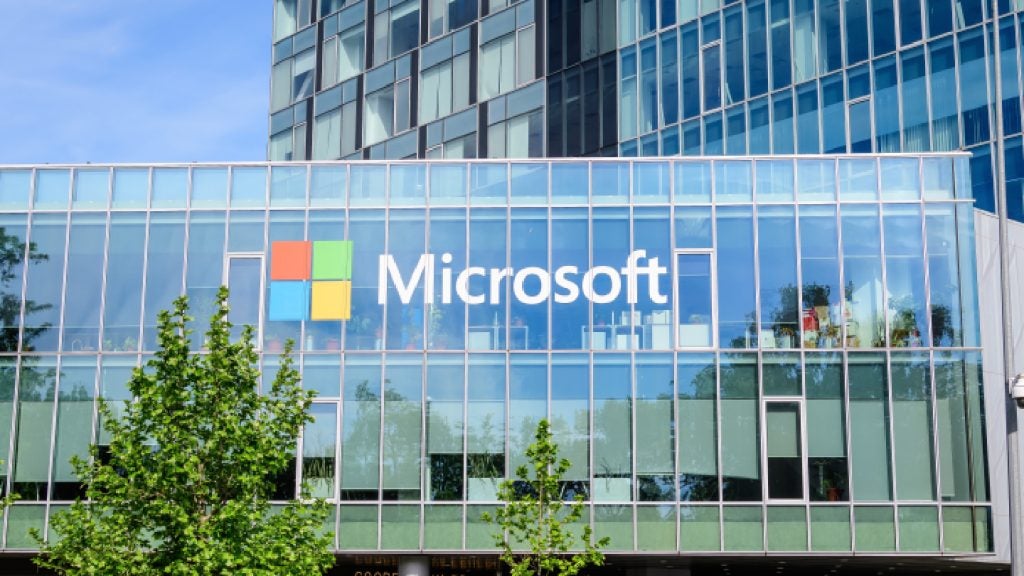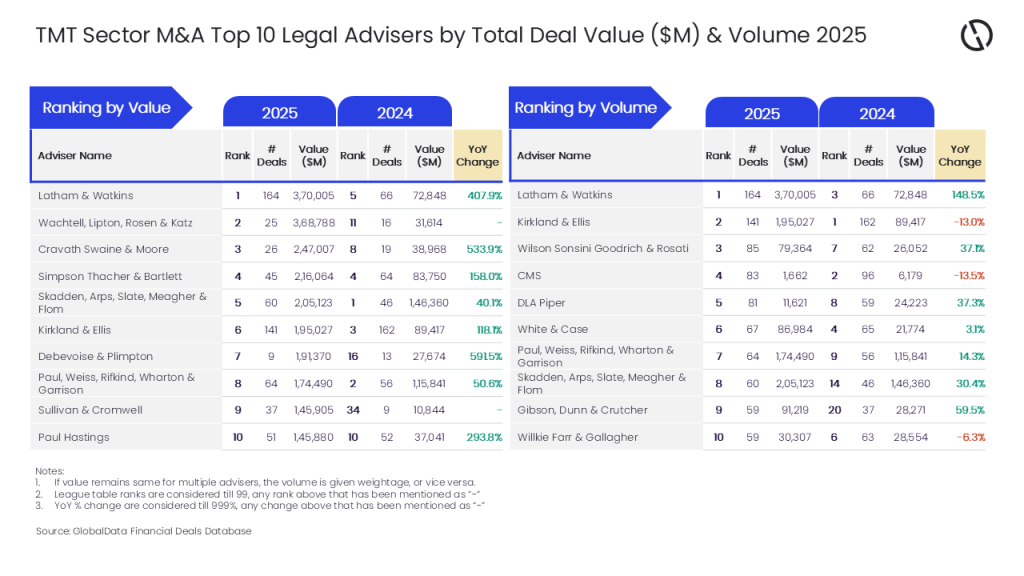Bitcoin’s market value is now larger than Goldman Sachs and Morgan Stanley at $136bn.
The currency exchange and real-time gross settlement system Ripple wants to acquire or partner with rivals using a $15bn war chest, according to its chief executive Brad Garlinghouse.
Surely something, somewhere, has got to give?
Despite China’s recent ban on cryptocurrency exchanges bitcoin has gone from strength to strength.
Goldman Sachs has announced it’s looking into setting up a bitcoin trading operation, and Coinbase adding instant bitcoin, Ethereum, and litecoin purchases, the cryptocurrency has reached new heights, sending the price of bitcoin stratospheric and it could well hit over $10,000 per coin in 2017.
In fact, it humbled the author’s earlier prediction.

US Tariffs are shifting - will you react or anticipate?
Don’t let policy changes catch you off guard. Stay proactive with real-time data and expert analysis.
By GlobalDataBitcoin is not immune to crashes however, and tends to wax and wane as effects from economies and political uncertainty create bubbles of over payment and speculation from eager investors hoping not to miss out on the next bubble.
Other aspects to consider are the difficulty in retrieving the bitcoins you’ve bought and when exchanges go so slowly that they can’t keep up with orders.
As China’s example shows, countries can turn against cryptocurrencies, but as Russia’s example of the CryptoRuble shows, countries can also warm up to them after a period of opposition and hostility.
So, what can investors do?
-
While Bitcoin’s price is surging, invest in Ripple and Ethereum and wait.
-
When Bitcoin’s price next crashes, buy some and hold it. Investors are usually attracted to round numbers like $1,000, so why not buck the trend and set your buy-in threshold to something unusual like $922 lower than it is currently? The same holds true of other cryptocurrencies – consider an automated buy-in when there’s another sell-off.
-
Everyone is waiting for the emergence of a cryptocurrency to buy actual commodities with, and not just computer parts or e-cigarettes. Watch for the first true establishment cryptocurrency, headed by big names in the financial sector or backed by a country like Russia that will filter through to the rest of the financial ecosystem.
It should be noted that SEB, the Swedish bank, used Ripple’s system to transfer $180m between Sweden and the US in recent months to help manage the bank balance of a large corporate customer.
Given the nature of international cash flow and the increasing interconnected nature of electronic and financial infrastructure, it’s reasonable to predict that national barriers and fees will be further eroded by internet-based transactions.
People expect payments to be immediate, reliable and low-cost, and they will vote with their electronic wallets.








